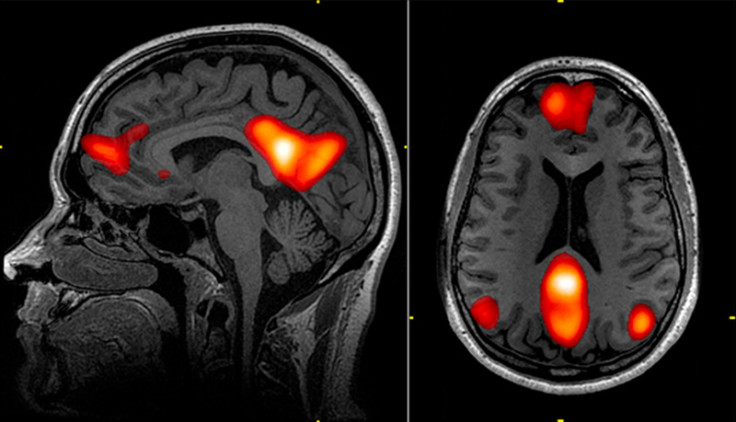Does life flash before your eyes? Brain scan of dying man gives answers
The brain scan of an 87-year-old man from Canada shows humans do see their lives flashing before them in their last moments
Doctors in Canada accidentally recorded the brain activity of a dying man, which revealed that the patient probably recalled important life events during his last moments. The scientists are seeing this as progress towards answering whether humans see their lives flashing before them while they are on their death bed or not
The study, which has been published in "Frontiers in Aging Neuroscience" is based on electroencephalography (EEG) scans of an 87-year-old man who was undergoing treatment for seizures.
An electroencephalogram (EEG) is a recording of brain activity wherein small sensors are attached to the scalp to study the electrical signals the brain cells pass on to each other.
EEG at the time of death. Pretty fascinating, but unclear the applicability outside of older adults with acute subdural hematoma w/ decompressive craniotomy.
— Jeff Browndyke (@Jeff_Browndyke) February 22, 2022
Enhanced Interplay of Neuronal Coherence and Coupling in the Dying Human Brain https://t.co/YB73MaJMIy
The patient, whose name has not been revealed, was admitted to the Vancouver General Hospital in British Columbia. He later suffered a cardiac arrest during the EEG process.
The doctors claim they saw rhythmic brain wave patterns similar to those recorded during memory retrieval, dreaming, and meditation. They studied the recordings of the 900 seconds before and after his death and observed a change in brain wave patterns.
"Just before and after the heart stopped working, we saw changes in a specific band of neural oscillations, so-called gamma oscillations, but also in others such as delta, theta, alpha, and beta oscillations," Dr. Ajmal Zemmar told Bloomberg.
"Through generating oscillations involved in memory retrieval, the brain may be playing a last recall of important life events just before we die, similar to the ones reported in near-death experiences," he added.
The gamma oscillations are typically seen during dreaming and memory retrieval. These waves are linked to high-cognitive functions like concentrating, dreaming, meditation, memory retrieval, and conscious perception.
The doctors also saw an increase in alpha wave oscillations which help the brain filter out information and pay attention, wrote The Independent citing studies on the subject.
"Given that cross-coupling between alpha and gamma activity is involved in cognitive processes and memory recall in healthy subjects, it is intriguing to speculate that such activity could support a last 'recall of life' that may take place in the near-death state," researchers wrote in the study.
Even though the findings are based on a single case that also involves a patient suffering from epilepsy and brain swelling, the neuroscientists hope to understand the "life recall" phenomenon a little better with this case.

© Copyright IBTimes 2025. All rights reserved.






















